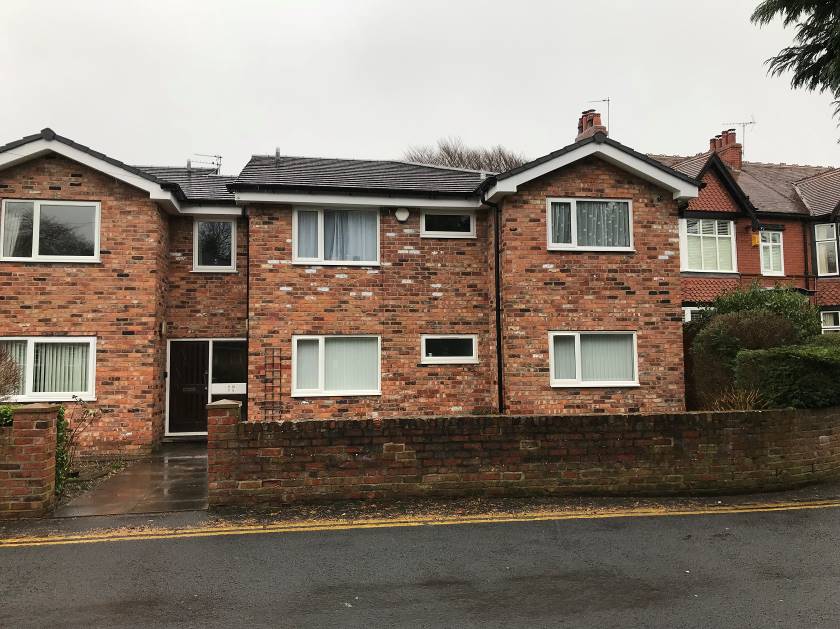What Is An Acquiring Authority?
Within a CPO capacity, an acquiring authority refers to the party looking to acquire the property or land. Usually, this will be a local authority acting on behalf of a planning, housing or transport department.
Can The Council Compulsory Purchase My House?
Yes. Local councils within the housing sector are one of the most common types of acquiring authorities, meaning CPO orders will often be made in relation to purchasing privately owned homes.
As with all CPOs, just because it is a local authority compulsory purchase does not mean the plans will go ahead. Anyone with a valid objection to a CPO can voice their concerns in an independent inquiry, where a judge will have the deciding vote once all of the evidence has been considered.
Case example: A local council wants to implement a regeneration scheme in the area, which would involve demolishing existing housing to rebuild new, energy-efficient homes along with more local amenities. The scheme faces objections from elderly residents who have concerns that they would lose access to essential services if forced to move.
Compulsory Purchase Order Empty Properties
Empty properties can become a blight on the neighbourhood, as they can be prone to antisocial behaviour as well as creating a visual eyesore for local residents. A compulsory purchase order can sometimes be made for vacant properties with or without the owner’s permission. As is the case with all other CPOs, such orders are seen as a last resort if no other suitable solution can be found.
Can You Fight A Compulsory Purchase Order?
Absolutely, and objecting to a compulsory purchase order is something that we advise potential claimants to do.
Objecting offers two main benefits for claimants in that there is a greater chance of defeating the acquiring authority during the public inquiry, as well as significantly improving the negotiation position of the claimant through the objections they have raised.
Compulsory Purchase Order Compensation
As stated on our compensation for compulsory purchase order page, a claimant should be placed in a no better or worse position (in financial terms) after the acquisition than they were prior to the acquisition.
Roger Hannah are compulsory purchase specialists, meaning we will ensure a successful negotiation so that you are fairly compensated, depending on the circumstances of the CPO.
In cases where compensation for a compulsory purchase order cannot be agreed upon, we will provide advice on references to the Lands Chamber (Upper Tribunal).
Compulsory Purchase Order Valuation
Obtaining a valuation of the land or property that is subject to a CPO should be carried out by an independent, specialist property surveyor such as our team here at Roger Hannah. Adhering to the RICS valuation scheme, expert property valuations offer much needed clarity to those involved with the CPO process, along with anyone looking to buy, invest or sell their property or land.









